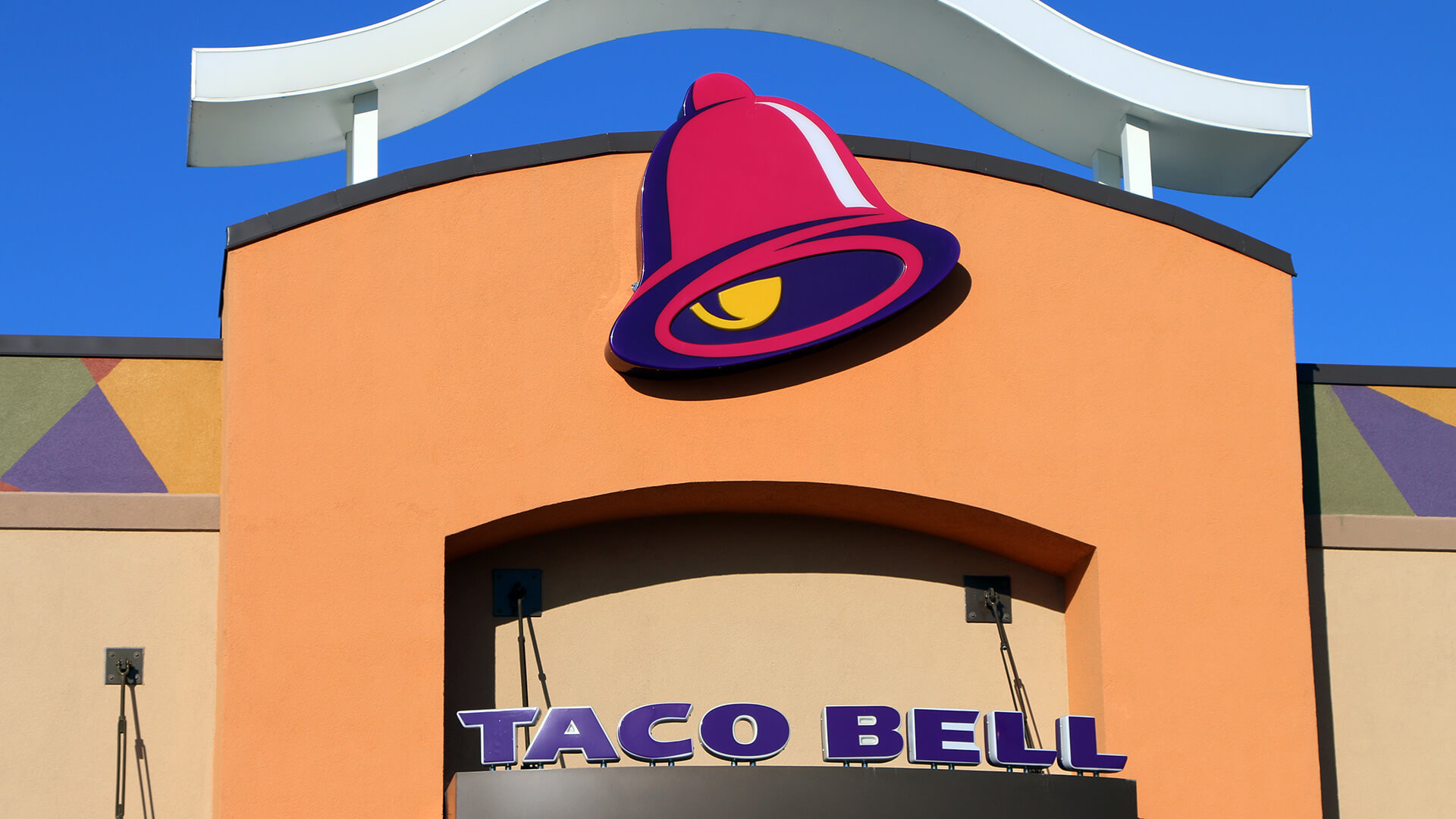2nd May 2016
What can the social sector learn from Taco Bell?



Last month American fast food giant Taco Bell introduced the “TacoBot”, a Siri-like version of the cashiers that take your order at its restaurant.
TacoBot is loftily described as the future of ordering tacos and the software makes use of AI (artificial intelligence) advancements like natural language processing to let users talk with the bot, order food, and even pay for items entirely through platforms such as Facebook and Slack.
“The TacoBot Slack integration is the latest step on our journey to make the brand more accessible wherever and whenever our fans want it,” said Lawrence Kim, Taco Bell’s director of digital innovation and on demand, in a statement. “Taco Bell is about food tailor-made for social consumption with friends, and that’s why integrating with a social communications platform like Slack makes perfect sense. TacoBot is the next best thing to having your own Taco Bell butler… and who wouldn’t want that??”
The TacoBot Slack integration is the latest step on our journey to make the brand more accessible wherever and whenever our fans want it. TacoBot has the ability to recommend menu items, answer questions, organise group orders, and facilitate transactions fully equipped with a Taco Bell “personality” as seen below.
The likes of Facebook, Microsoft, and Amazon are all working on bringing bots to the forefront of how we perform tasks on the internet. Facebook in particular is betting big on bots, recently allowing developers to build bots for Facebook Messenger offering services such as Poncho which helps users know whether they need an umbrella before going outside.
We are spending more and more time communicating on platforms such as Facebook. It therefore follows that companies such as Uber have bots to allow their users to book a taxi without actually opening the Uber app or needing to leave Facebook.
Bots are still relatively primitive as Microsoft’s recent Tay controversy showed, but the potential is vast, particularly for social sector organisations aiming to provide customer focussed services.
As bots improve and learn more about user behaviour they will also be to tap into the incredible data platforms such as Facebook, WhatApp and Amazon hold for users to allow for more sophisticated communications.
For example, a customer may be chatting with BA about flights and ask a question about a particular region they’re visiting. The airline could then pull the BBC bot into the conversation to talk about politics or current affairs in the area.
Over time, bots will log enough information to profoundly understand their users. They will be able to anticipate future interactions and understand what customers might be interested in given conversations patterns, time of day and platform held data, making sure customers get a unique, carefully constructed personality on the other side of the conversation.
We can look at responses businesses give and automate them [with bots] to help decrease latency – Mark Zuckerberg
If you contact the Integrate Agency CIC Facebook page, ‘latency’ would describe the amount of time between contacting us and our response. We are pretty good (!) at quickly responding but admittedly not (always) 24 hours/day, whereas the Integrate Agency bot could immediately respond offering an increasingly personalised response. This technology therefore offers the social sector the ability to be more responsive, more personalised and more efficient in customer engagement and targeting.
My favourite social sector bot is currently SwearJar which is a f***ing brilliant solution for Slack that charges users for foul language, generating funding for good causes.
But I think the most exciting area of development for the social sector is for service delivery. I believe we will soon see bots even interact with each other to learn about each others services. This will allow charities to form customer specific service pathways that integrate services outside the traditional boundaries of the organisation for the holistic benefit of the customer.
What do you think?


